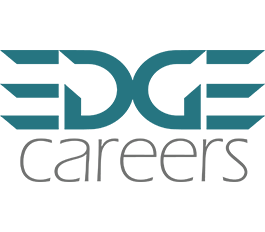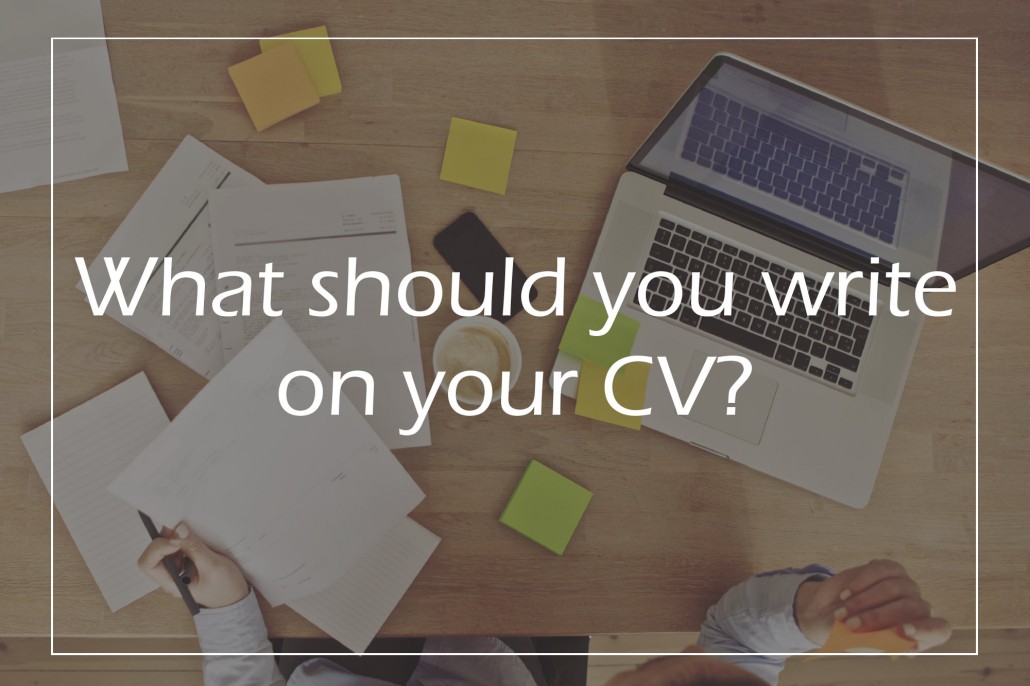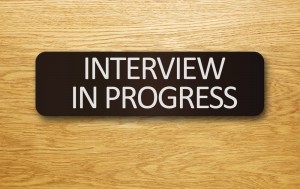Writing a great CV
The difference between writing a good CV and an average CV can be the difference between you landing your dream job or not. The first impression any potential employer will make of you will come from the CV that has been submitted to them.
Edge Careers take a look at a few points that will help you to write a great CV.
Contact details
- Be sure to include as many contact details as possible so that a recruiter or employer can easily reach you.
- Try to make your email address professional, many people set up an email address as a teenager and set it as something funny, if it is possible it would be advisable to have an email address in a format like this, firstname.lastname@hotmail.com.
Previous Employment
- Write in reverse chronological order and include starting and leaving dates for each position.
- Include concise details of each position you have had, your responsibilities and what you achieved in the role.
- If there are any time gaps between employment, explain what you were doing in that time, for example travelling, at college, etc.
Qualifications
- There is no need to list all of your Standard Grade/GCSE subjects, simply put the number of GCSE’s achieved and the key subjects e.g. 10 GCSEs A-C including Mathematics and English. Exclude any grade lower then a ‘D’.
- A-Level and degree qualifications can be listed. The grades do not have to be included.
- List only the academic centers where a qualification was earned in reverse chronological order with dates.
Hobbies and Interests
- If you do choose to include this section, it can be used to give an insight into your personality.
- Consider carefully what you are putting down and its implications. Team events indicate that you are a team player, other activities such as Scouting and Duke of Edinburgh’s Award Scheme show commitment and the fact that you are not adverse to a challenge.
- Be specific, and show what you learnt or gained from the activity such as perseverance, teamwork, communication skills.
- Keep this section very brief and do not list all of your interests and hobbies.
General
- It is always important for you to proof read and spell check your CV. Maybe have a friend or family member read through it, before you submit it to any potential employer, as spelling errors and sloppy grammar won’t portray you in the best way.
- Don’t lie on your CV as you will inevitably be caught out.
- Including personal details in your CV is optional. If you do choose to include them, don’t go into detail, keep it simple e.g. Married, 2 dependents.
- Although detail is needed in some areas of your CV, sometimes a shorter CV can carry just as much weight as a long winded one.
If you require the assistance of a recruitment agency in your search for a new construction job, then register your well written CV to Edge Careers and one of our recruitment consultants will give you a call to discuss your job search requirements.
Edge Careers are Construction and Engineering Recruitment Experts who pride ourselves on offering the highest level of service in the industry to all of our candidates and clients.
To become an Edge Careers candidate, please click here to register your details. If you are a client looking to fill a vacancy, please click here, or alternatively contact one of our consultants to discuss your requirements in more detail via our Contact Us page.
Follow Edge Careers on LinkedIn, Twitter, Facebook, Instagram and Google+ to stay up to date with all our latest news, exclusive competitions and events.




